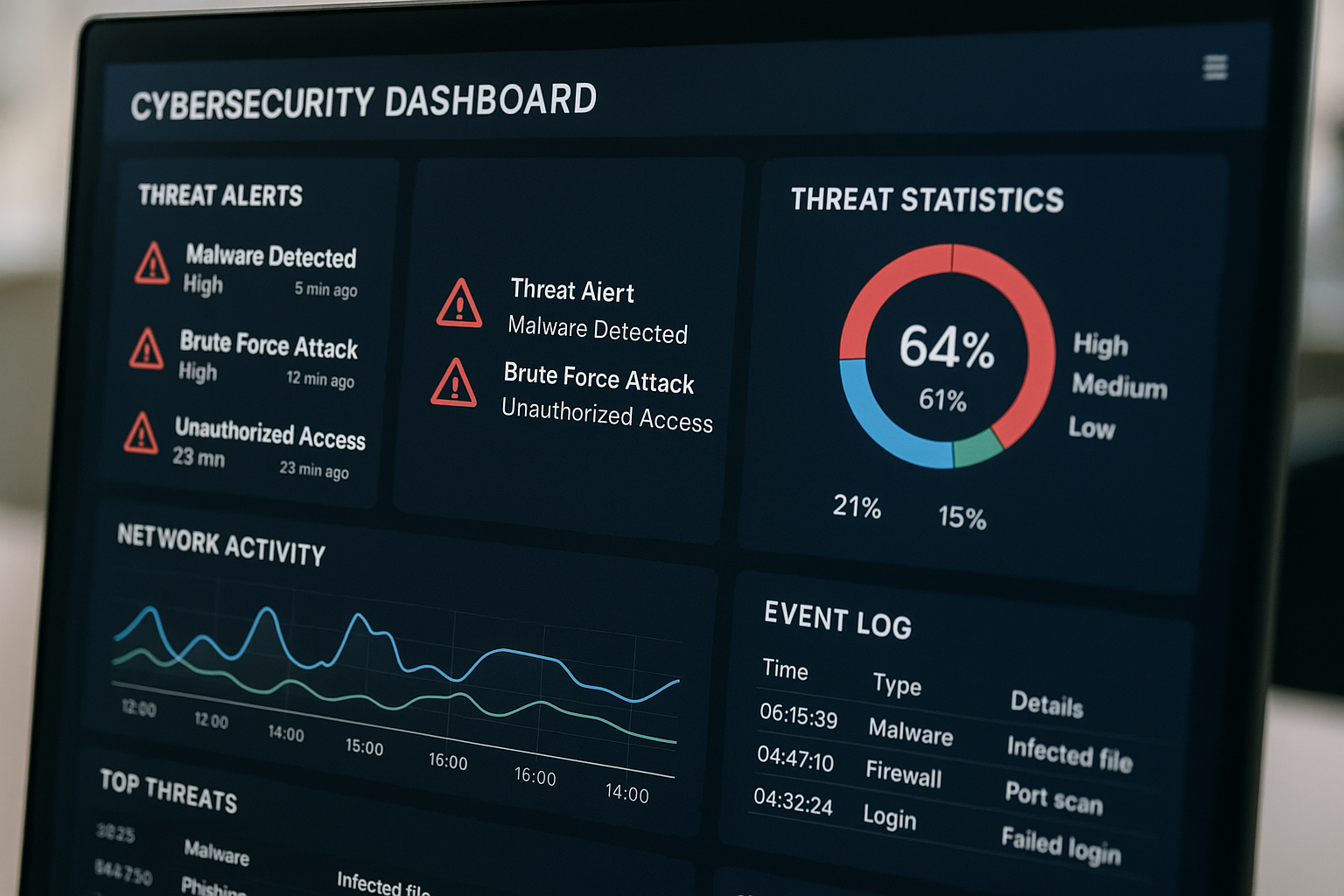Master Cybersecurity for Beginners with Secrets Only Experts Know
Unlock the secrets of cybersecurity that only experts know, and transform your career prospects by exploring these essential insights and options that can propel you into one of the most in-demand fields today.

Understanding Cybersecurity: A Beginner's Guide
Cybersecurity is an ever-evolving field that protects systems, networks, and data from digital attacks. As the digital landscape expands, so does the need for skilled professionals who can safeguard sensitive information. For beginners, understanding the fundamentals of cybersecurity is crucial, as it sets the foundation for more advanced knowledge and skills. By mastering the basics, you can position yourself for lucrative career opportunities in a field that is expected to grow by 35% from 2021 to 2031, much faster than the average for all occupations1.
Key Concepts Every Beginner Should Know
At the heart of cybersecurity are several core concepts that every beginner should grasp. These include understanding the types of cyber threats, such as malware, phishing, and ransomware, as well as the principles of data protection and encryption. Additionally, familiarizing yourself with network security protocols and firewalls is essential. By delving into these areas, you'll gain a comprehensive understanding of how to protect information and systems from unauthorized access and attacks.
Real-World Applications and Career Opportunities
Cybersecurity is not just about preventing attacks; it's also about proactive measures and continuous monitoring. As a cybersecurity professional, you might work in various sectors, including finance, healthcare, and government, where you'll implement security measures, conduct risk assessments, and respond to incidents. These roles are not only intellectually stimulating but also financially rewarding. On average, cybersecurity analysts earn a median annual salary of $103,5902, with potential for higher earnings as you gain experience and expertise.
Educational Paths and Certifications
While a degree in computer science or a related field is beneficial, many cybersecurity professionals enter the field through certification programs. Certifications such as CompTIA Security+, Certified Information Systems Security Professional (CISSP), and Certified Ethical Hacker (CEH) are widely recognized and respected in the industry. These certifications not only validate your skills but also enhance your employability and potential for career advancement. Many online platforms offer courses and training programs that can help you prepare for these certifications, often with flexible schedules and competitive pricing.
Exploring Resources and Further Learning
As you embark on your cybersecurity journey, it's crucial to stay updated with the latest trends and technologies. Engaging with online communities, attending workshops, and participating in cybersecurity events can provide valuable networking opportunities and insights. Websites like Cybrary and Coursera offer a plethora of courses and resources tailored to different levels of expertise, allowing you to browse options and find the best fit for your learning style and career goals.
Moreover, many companies and organizations offer internships and entry-level positions that provide hands-on experience, which is invaluable for building your resume and gaining practical knowledge.
By following these options and immersing yourself in the cybersecurity field, you can unlock a world of opportunities and become a key player in protecting critical information in today's digital age.